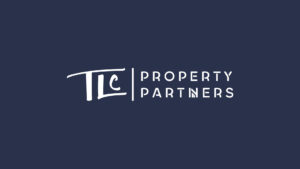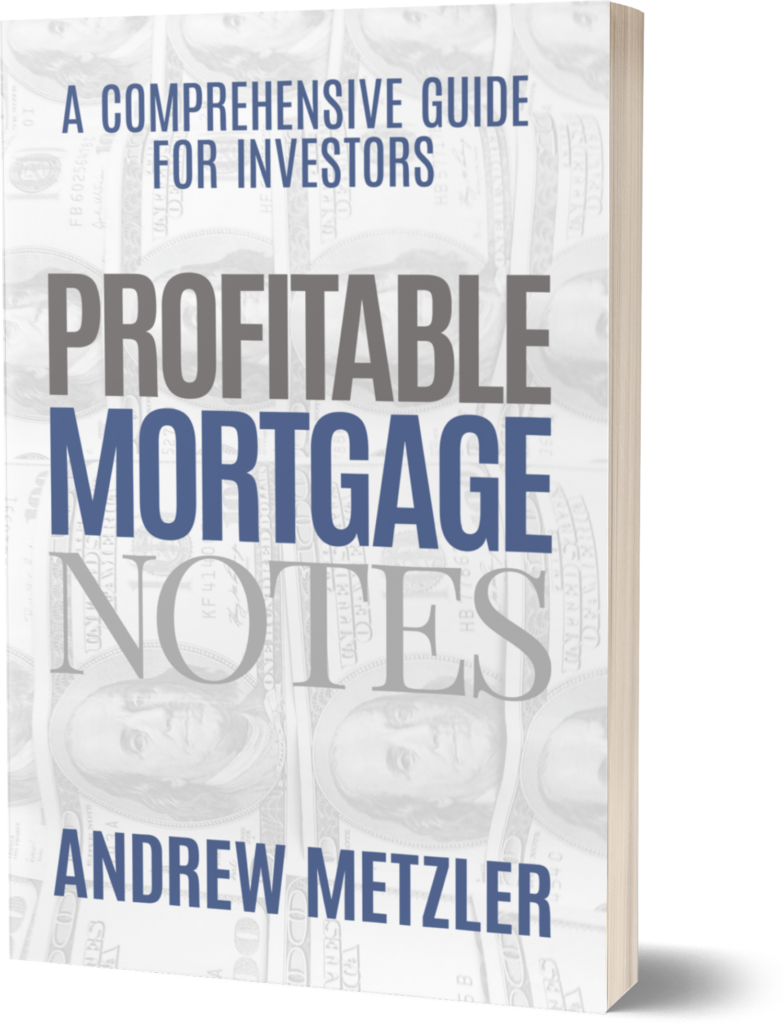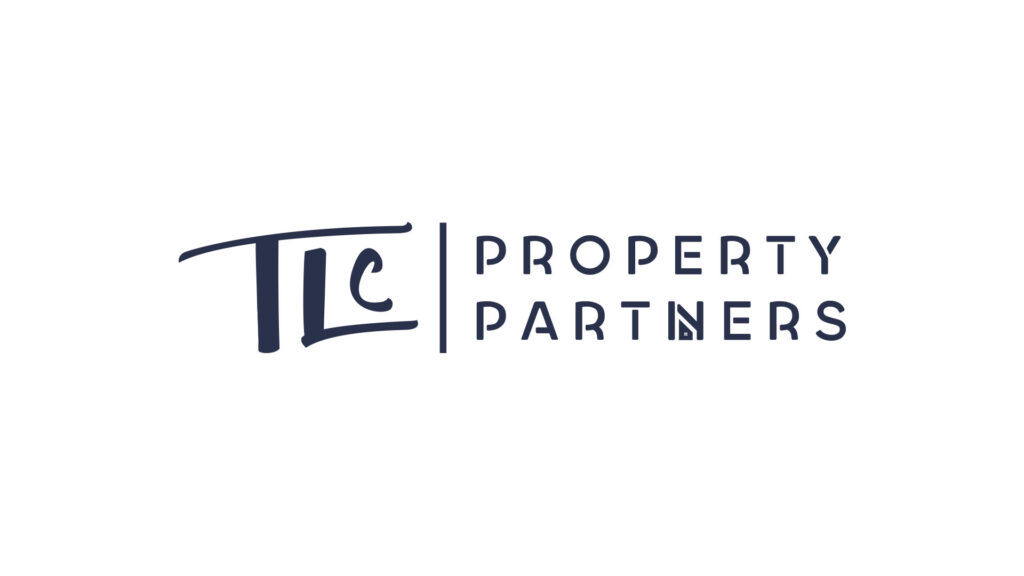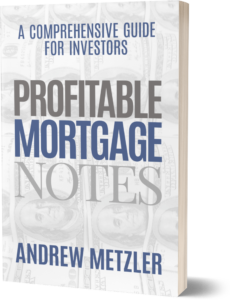Steady Income with Real Estate Notes
Benefits of Owning Real Property
Benefits of Owning Real Estate Notes
Real estate ownership provides you with a physical and tangible asset. You have a piece of property that you can see, touch, and utilize
Real estate has the potential to appreciate in value over time. While there are no guarantees, historically, real estate has shown steady long-term appreciation. This can result in capital gains when you decide to sell the property, potentially providing a substantial return on investment.
If you own investment properties, you can generate rental income by leasing them to tenants. This can provide a steady cash flow stream, helping you cover mortgage payments, property expenses, and even generate profits.
Owning real estate gives you greater control over the property and its management. You can make decisions regarding rent, property improvements, maintenance, and tenant selection. This control allows you to optimize the property’s value and income potential.
Real estate ownership offers various tax advantages. You may be able to deduct mortgage interest, property taxes, insurance, and certain property-related expenses. Additionally, through strategies like depreciation, 1031 exchanges (in the United States), or other tax provisions, you can potentially reduce your tax liability.
Real estate can serve as a diversification tool within an investment portfolio. It has a low correlation with other asset classes like stocks and bonds, meaning it can help reduce overall portfolio risk.
When you own a private mortgage note, you become the lender and receive regular interest payments from the borrower. This can provide a steady income stream over the term of the note, which is typically monthly or quarterly. The interest income can be predictable and potentially higher than other traditional investment options.
A private mortgage note is typically secured by a real estate property. This means that if the borrower defaults on the note, you have the right to foreclose on the property and potentially recover your investment. Having a collateralized investment can provide a level of security and reduce the risk of losing your principal.
Investing in private mortgage notes can offer diversification within your investment portfolio. It is an alternative asset class that may have a low correlation with traditional investments like stocks or bonds. By diversifying your investments, you can potentially reduce overall portfolio risk and enhance potential returns.
As the holder of the private mortgage note, you have control over the terms of the loan. You can negotiate the interest rate, repayment period, and other terms to align with your investment goals and risk tolerance. This level of control allows you to customize the investment to meet your specific needs.
Depending on the terms of the note, you may have the opportunity for capital appreciation if the borrower decides to pay off the note early. Early repayment can result in a lump sum payment, which can provide a higher return on investment than the scheduled interest payments.
Owning a private mortgage note provides flexibility in terms of exit strategies. If you decide to liquidate your investment, you have various options, such as selling the note to another investor, offering it on the secondary market, or holding it until maturity.
Mitigation of risk
It’s important to note that investing in private mortgage notes carries risks, including default risk, interest rate risk, and potential challenges with foreclosure proceedings. Conducting thorough due diligence, assessing the creditworthiness of the borrower, and working with experienced professionals in the field can help mitigate these risks.
As with any investment, it’s crucial to evaluate your financial goals, risk tolerance, and seek professional advice before investing in private mortgage notes.



